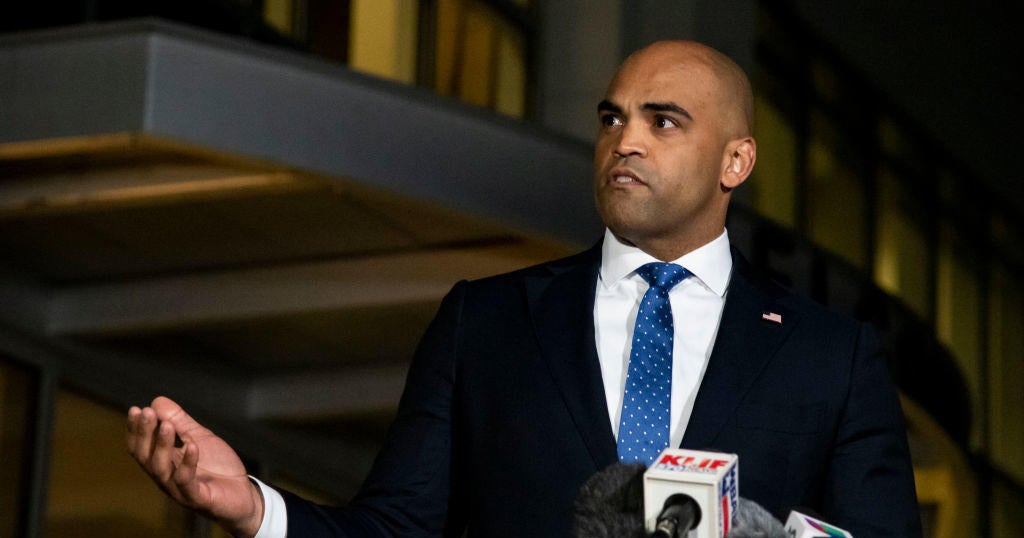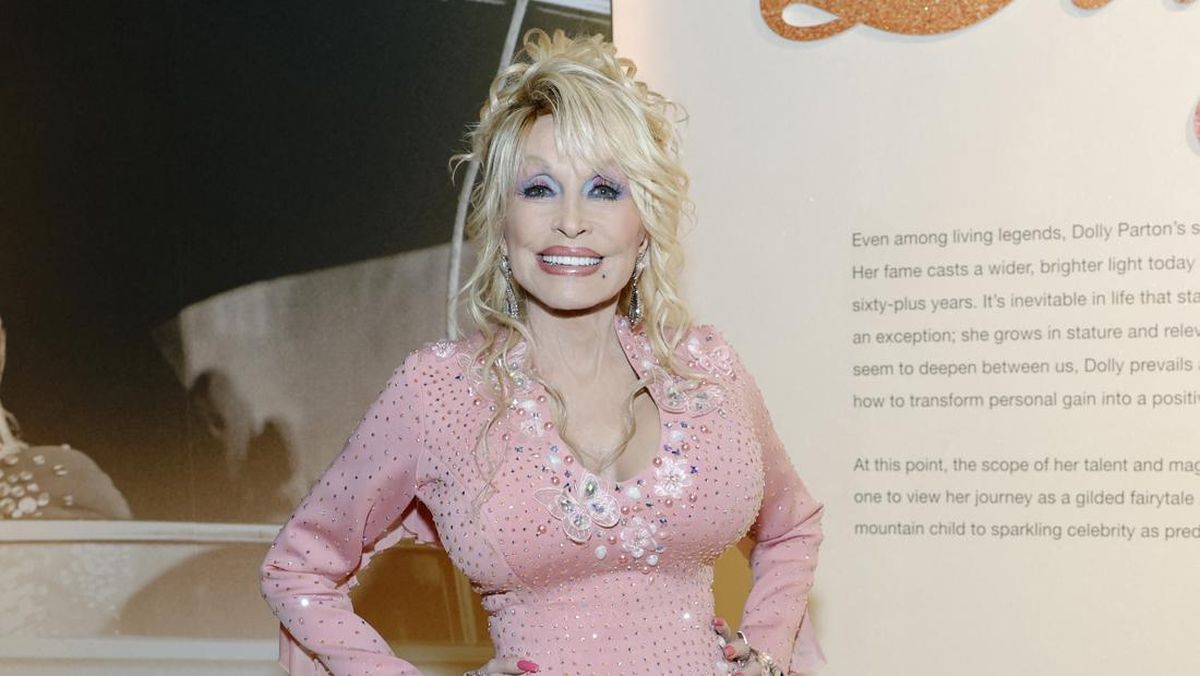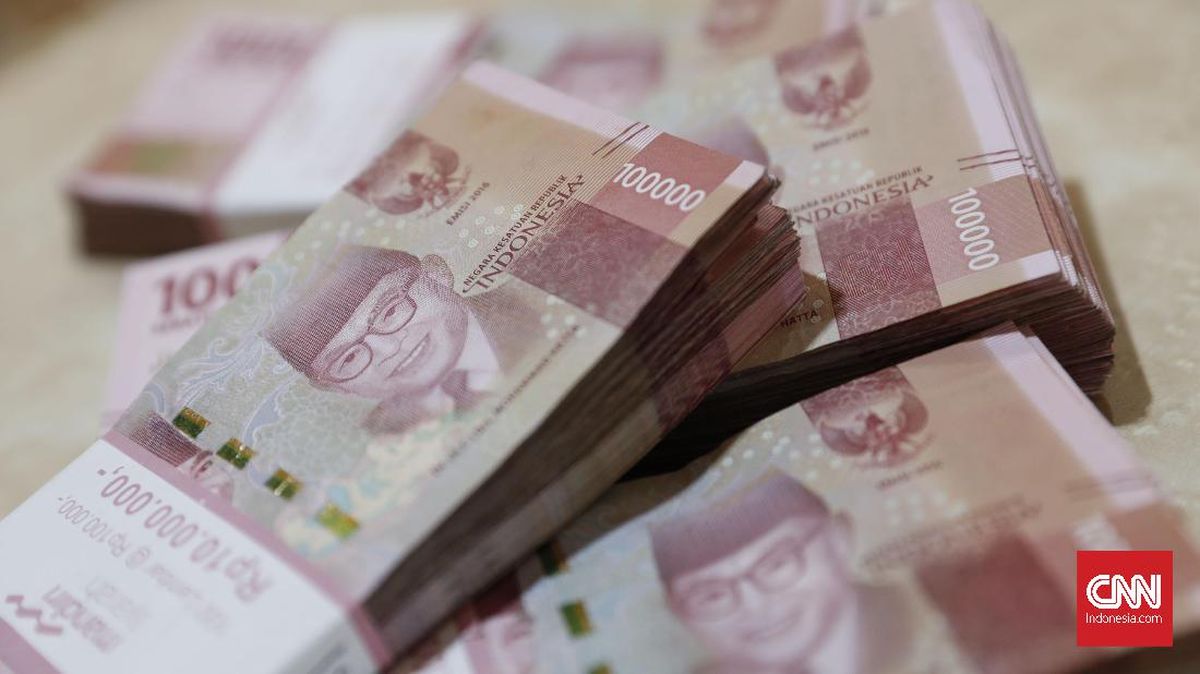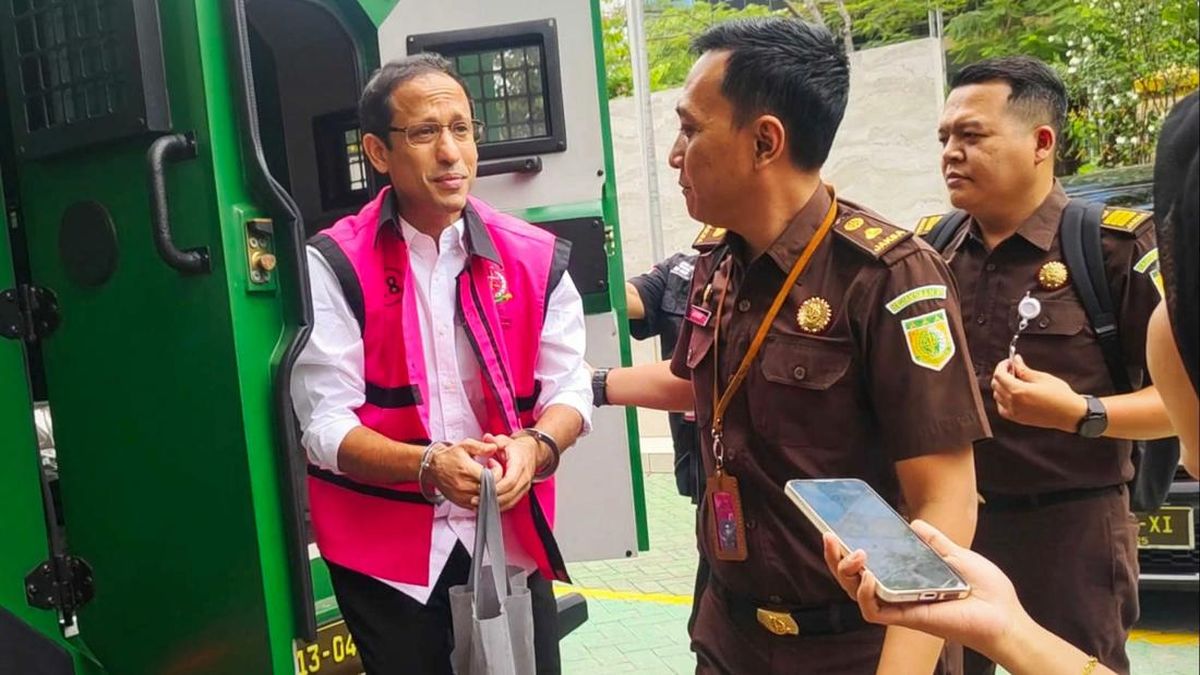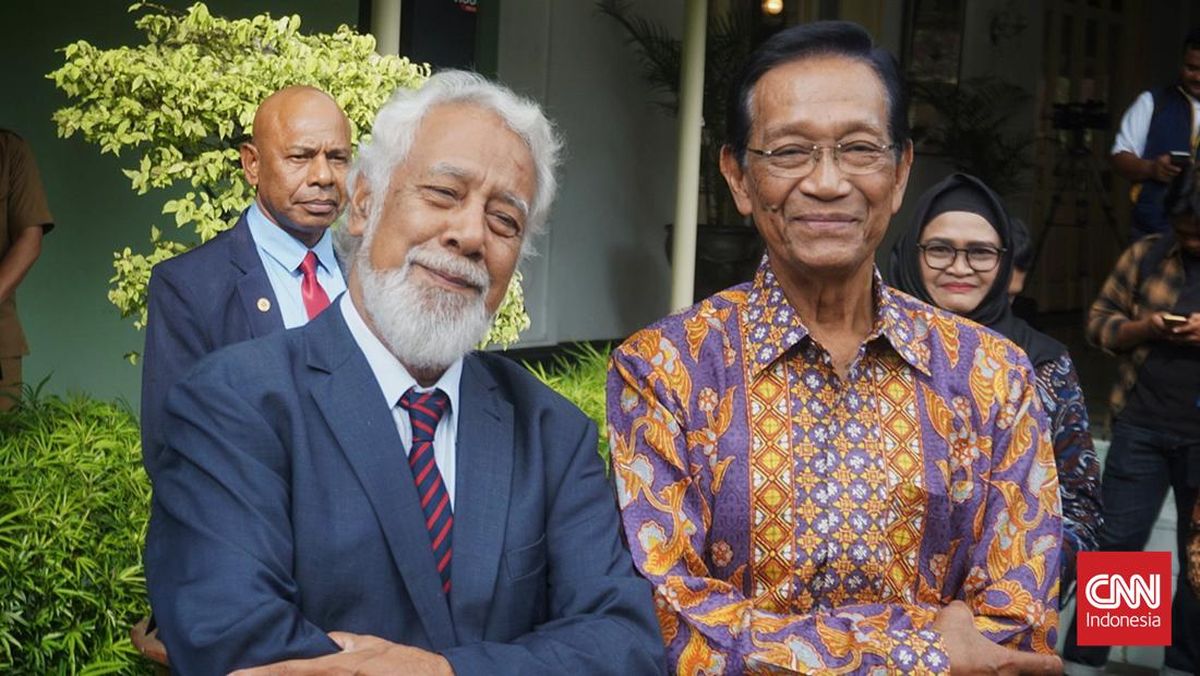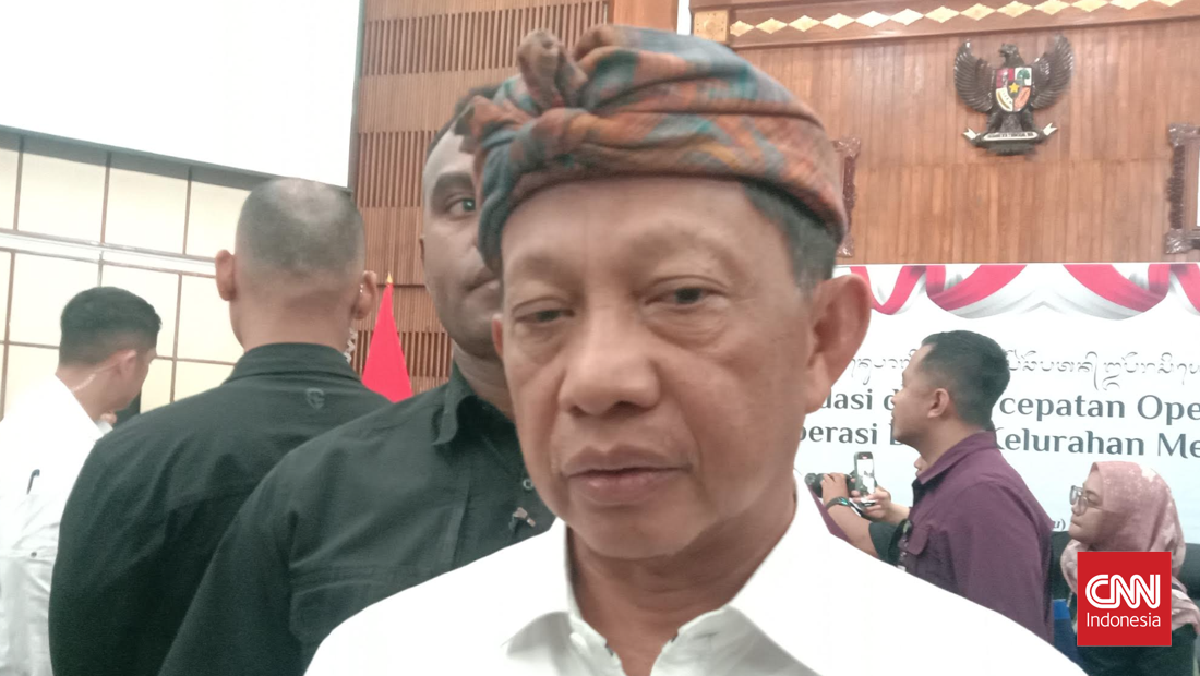Fears of scaring Australians away from investing in superannuation partly drove Prime Minister Anthony Albanese’s contentious call to overhaul Labor’s superannuation tax proposal, a move initially resisted by its architect Treasurer Jim Chalmers.
Monday’s backflip, revealed on Albanese’s first day of a week-long holiday, involved dropping a proposal to tax paper profits for people with more than $3 million in their super. The government also decided to index the threshold to avoid many more people being trapped by the tax over time.

Creative tension between Jim Chalmers and Anthony Albanese has been a topic of conversation this term.Credit: Alex Ellinghausen
Albanese believed the tax was turning into a political barnacle for the government and directed Chalmers to come up with a new policy around the time of Labor’s economic roundtable in August, giving the treasurer time and space to develop and take ownership of a solution.
In its place, Chalmers revealed people with more than $10 million in their balance would cop a 40 per cent tax on earnings above that threshold. The move was praised by economists and the father of the nation’s superannuation scheme Paul Keating, but tax experts said it could drive people to shift cash from super to trusts. Low-income Australians will also get a boost under the updated plan.
The prime minister was aware of varying levels of scepticism towards the policy from economists, some cabinet ministers, and Keating before the May election, according to sources familiar with thinking inside the government.
Loading
Labor mulled changes before the election but decided against doing so because the Coalition under Peter Dutton and shadow treasurer Angus Taylor did not mount a fight against the proposal – a point since lamented by Liberals MPs.
After the election, Liberals including Tim Wilson, as well as the Australian Financial Review and The Australian newspapers, started to scrutinise the matter, fuelling anxiety inside the cabinet over a broader political campaign on taxing wealth.
This fed into a broader concern, shared by Albanese, that a long-running argument – driven by bad-faith private interests and Liberal MPs – would distract from more important Labor agenda items and create uncertainty for those nearing retirement about the government tinkering with their super.
Albanese’s move to ask Chalmers to overhaul the proposal, confirmed by two senior Labor sources and a well-placed MP, came during another period of speculation about the pair’s relationship. The productivity roundtable’s scope was narrowed by Albanese’s ruling that tax changes would not be considered, even as Chalmers tried to open the door to big ideas.
The sources confirmed Chalmers, who sees himself as a reformer and intellectual leader in the government, was not initially keen on yielding on the super policy he had defended for two years. One source said Chalmers heard no negative feedback about the policy from anyone in the cabinet except Albanese, lending weight to the prevailing view that Albanese is a cautious prime minister.

Treasurer trove … Jim Chalmers with his former boss Wayne Swan and political idol Paul Keating.Credit: Oscar Coleman
Chalmers had defended the super policy against criticism for months, even as super funds argued it would be tricky to account for paper profits and farmers expressed angst about paying taxes on illiquid assets.
On Tuesday, Chalmers said he and Keating, his political idol, had had “half a dozen” conversations about the policy last week.
“I take my responsibilities as the custodian of Paul’s creation very seriously, and that means doing the important changes, making the important reforms, to make sure that our superannuation system is as strong and fair and sustainable as it can be,” Chalmers said.
The Coalition leapt on the news on Tuesday to claim Chalmers’ authority had been shredded.
“Jim Chalmers’ one big idea was to start taxing the unrealised gains in people’s super accounts, but even that has been left a wreckage after he was forced into a humiliating backdown by the prime minister,” shadow treasurer Ted O’Brien said.
The rejig will cost the budget $4.2 billion over four years, in part because it will be delayed until next year. Even when up and running, however, the new package will rake in less than the original forecasts – $1.6 billion rather than $2.5 billion in 2028-29.
Within Treasury, there has been growing concern about the budget’s dependence on personal income taxation and the concessional tax treatment of superannuation.
The budget’s dependence on working incomes was a key factor in Treasury’s proposal for a tax on unrealised capital gains in big super accounts, which has now been dumped.
Loading
Analysis by UBS released on Tuesday found household wealth climbed 7.7 per cent or by $1.3 trillion to a record $18.1 trillion. Most of that wealth is tied up in housing and superannuation.
Without a broadening of the tax base, particularly into assets, the fear is that working people and younger Australians will face an ever-increasing income tax hit.
Chalmers’ plan to introduce a $10 million threshold, above which super account earnings will face a 40 per cent tax rate, had been floated earlier this year as one way to target those with enormous super balances.
Tax data suggests there are 30 people with more than $100 million in their super at an average of $209.3 million per person.
Australian National University tax expert Bob Breunig said some people with seven-figure super balances may turn towards trusts as a result of the new $10 million threshold.
Loading
“For earnings on balances between $3 million and $10 million, you’re going to pay 30 per cent tax, which is [still] much lower than the 47 per cent marginal income tax rate, so it remains a preferred investment vehicle,” he said.
“A trust is really about holding an investment, and then the gains from that being taxed at a lower rate, but it’s generally less concessional than super – unless you’re someone with more than $10 million in super, paying 40 per cent tax, where it’s probably worth doing something.”
Most Viewed in Politics
Loading




